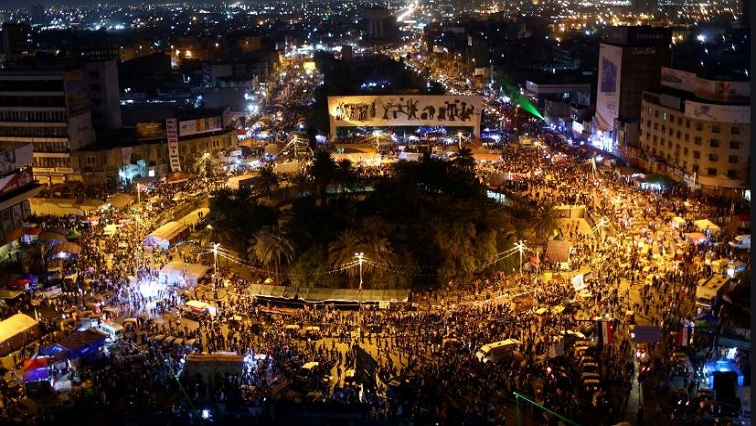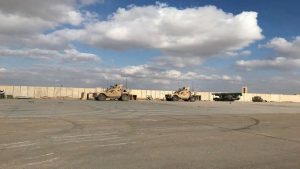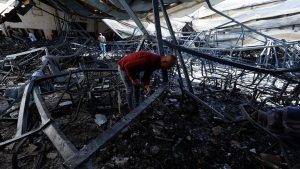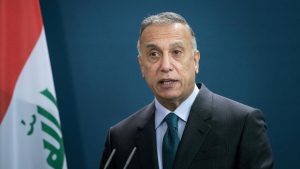Iraqi security forces shot dead at least 13 protesters in the past 24 hours, dispensing with weeks of relative restraint in favor of trying to stamp out demonstrations against political parties that control the government.
After eight people were killed during the day on Monday, security forces shot dead at least five others overnight or early on Tuesday, including one killed with live fire toward a funeral procession held for another who died hours earlier, security and medical sources told Reuters.
More than 260 Iraqis have been killed in demonstrations since the start of October against a government they see as corrupt and beholden to foreign interests, above all Iran.
Most of those deaths occurred during the first week of the demonstrations, when snipers shot into crowds from Baghdad rooftops. But after the government appeared to have curbed the use of some deadly tactics, the protests swelled rapidly over the past 12 days.
The new violence flared a day after Prime Minister Adel Abdul Mahdi appealed to protesters to suspend their movement, which he said had achieved its goals and was hurting the economy.
In a televised address on Tuesday, Abdul Mahdi said the protests were having an economic impact the country could not afford, and asked demonstrators to refrain from further damaging public and private property.
“There are many ways to express opinions without disrupting public life,” he said.
Abdul Mahdi has said he is willing to resign if politicians agree on a replacement and has vowed a number of reforms. But protesters say that is not enough and the entire political class needs to go.
“After the first wave of protests, we gave the government until October 25 to enact reforms,” a 30-year-old protester, who declined to give his name out of safety concerns, said in Baghdad. “It has failed to do so, all of its proposed reforms were just routine, the same old stuff.”
He said the use of deadly force against protesters had radicalized protesters who initially only wanted “constitutional and legal reforms”. Now they wanted wholesale change.
Since defeating Islamic State in 2017, Iraq has enjoyed two years of comparative stability. But despite its oil wealth, many people live in poverty with limited access to clean water, electricity, healthcare or education.
Protesters blame a corrupt political system that shares power among sectarian parties. Abdul Mahdi, in power for a year, enjoys the support of powerful Iranian-backed political parties allied to armed militia.






